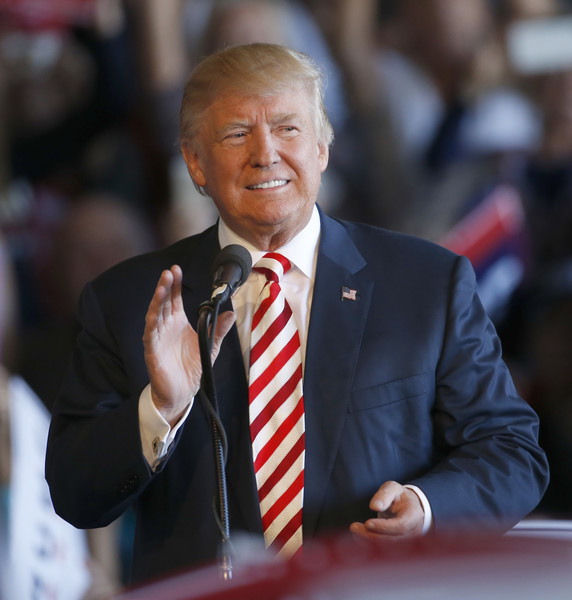Here is Angelo M. Codevilla writing at Claremont.org — the article is packed and difficult to excerpt — here are just a few paragraphs, including his opening:
At the 2016 elections our bipartisan foreign policy class is near-unanimous, not so much behind Hillary Clinton nor even against Donald Trump. Rather, it circles its wagons around its own identities, ideas, practices, and, yes, livelihoods. Clinton represents the ruling class’s people and priorities in foreign affairs as in domestic ones, though she seems to care even less about the former’s substance. Trump, a stranger to most of the foreign policy class (though not to its current epitome, Henry Kissinger) has voiced views on foreign affairs that are within the establishment’s variances in substance if not in tone. Chastise and threaten NATO for its lack of contributions? Senate majority Leader Mike Mansfield (D-MT) offered an amendment to that effect in 1970. Cozy up to Putin? Hillary Clinton brought him a bright red “reset” button in 2009.
Nevertheless, the foreign policy class does not merely reject Trump; it detests him. Why? Because Trump, in tone even more than substance, expresses the subversive thought that U.S. foreign policy has failed to “put America first,” causing the nation to suffer defeat after defeat. Hence, the entire foreign policy class—in the bureaucracies, think tanks, academe, and the media—are a bunch of losers. Millions of Americans consider these two thoughts to be common sense. But the above-mentioned class takes the first as the root of heresies, and the second as a demagogic insult. Consequently, the 2016 election is not so much about any particular plank in any foreign policy platform. It is about who defines and what constitutes common sense.
…
In sum, today’s foreign policy class, no less than its forbears of a century ago, see themselves as mankind’s seniors, teachers, and benefactors. They expect to be treated as such. But as they have dealt with the world, they have sown disrespect for themselves and for our America.
…
The 2016 election is about whether that pattern should change. How much, if at all, it would change under Trump matters much less than the mere possibility it might change. Trump’s virtue in foreign policy lies in having voiced this simple, vital thought: U.S. foreign policy must put America first, and deliver victories rather than defeats. Whether Trump really believes that, whether he would act on it, or even whether he understands past mistakes, is secondary.
Read more: Claremont.org
Image credit: www.drudgereport.com.

